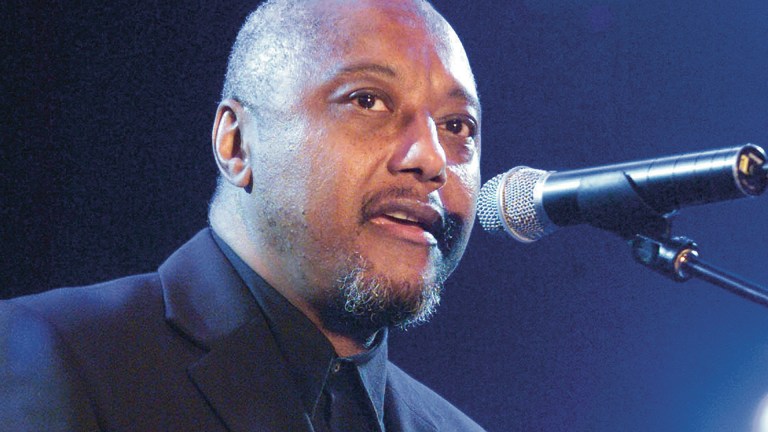Last Christmas, a YouTuber and his wife, collectively known as “LadBaby”, got their fifth consecutive UK Christmas number one single; a feat unheard of in pop music. Prior to LadBaby, the record for the most Christmas number ones had been four, and was held by The Beatles. And even they didn’t manage it in consecutive years.
That fifth chart smash was a cover of the Band Aid classic Do They Know It’s Christmas?, rewritten and renamed Food Aid. The single raised money for the food bank charity The Trussell Trust, as all the LadBaby Christmas songs have. An admirable cause, of course. The Trussell Trust does incredible work.
Change a Big Issue vendor’s life this Christmas by purchasing a Winter Support Kit. You’ll receive four copies of the magazine and create a brighter future for our vendors through Christmas and beyond
That said, I’d be amazed if you’d actually heard Food Aid more than once. I’d be even more surprised if you’d done so by choice. Musically, it’s irredeemably awful. The same goes for LadBaby’s four preceding festive singles, all of which were cover versions tweaked to include weak puns about sausage rolls. I have no idea why. Astonishingly, 2021’s effort, Sausage Rolls for Everyone, had Ed Sheeran and Elton John on it, confirming a suspicion that we’ve all been living in some hellscape alternative timeline for years.
Now, alas, the unbroken run must come to an end. It was revealed this week that LadBaby, aka Mark and Roxanne Hoyle, will not be releasing a Christmas single in 2023. The nightmare is over.
So what next, for this most sacred of British Christmas traditions? To understand the answer, we need to look to pop history. Though technically there has been a UK “Christmas number one” every year since 1952, when NME compiled the very first singles chart, the term didn’t mean much until the big, glam rock battle of 1973, when Slade’s Merry Xmas Everybody duked it out with Wizzard’s I Wish it Could Be Christmas Everyday.










